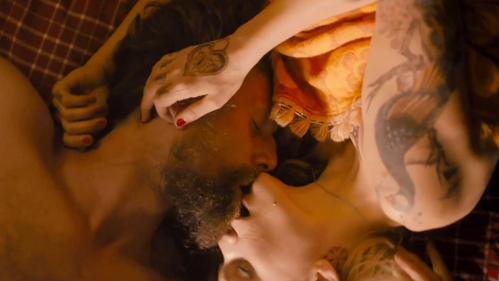 When Elise and Didier first met, it was love at first sight. They have their differences sure, but the passion between them was instant. The two get married and start a life together, touring public houses, chuch halls, and theaters where they perform their bluegrass ballets. When their young daughter gets diagnosed with cancer, major strain begins to negatively effect their loving relationship. The Broken Circle Breakdown is a film that goes out of its way to deliver a nonlinear narrative, jumping back and forth between the present day and the past, showing the contrast between Elise and Didier's currently strained relationship and their immense passion early into their relationship. It works quite well in the beginning but the filmmaker becomes a little too flamboyant, jumping all over the place in a way that gives the viewer whiplash while becoming quite tiresome. The juxtaposition of the passion and sorrow of romance is definitely the films strong suit but Broken Circle Breakdown somewhat falls off the rails when it goes into this science vs. religion debate that just feels out of place. It doesn't have much subtlety whatsoever, and while always an interesting discussion, the debate really takes away some of the film's poignancy centered around a married couple trying to cope with the death of their daughter. Sure, it's clear that Elise and Didier have very different views on this issue but the film brings it up too abruptly, instead of subtlety layering this particularly distinction throughout the narrative. This all adds together to make the deterioration rushed, even for a couple who loses a child to cancer. I'm not familiar with Felix Van Groeningen's but he makes quite a few unique and interesting choices in this film. From a large array of tracking shots to some surreal almost subversive types of imagery he certainly gives The Broken Circle breakdown a lot of vigor. Felix Van Groeningen's The Broken Circle Breakdown is the work of a talented filmmaker but while its emotionally poignancy cannot be denied, it lacks depth and subtlety specifically centered around the deterioration of Elise and Didier's relationship. 6.5/10
0 Comments
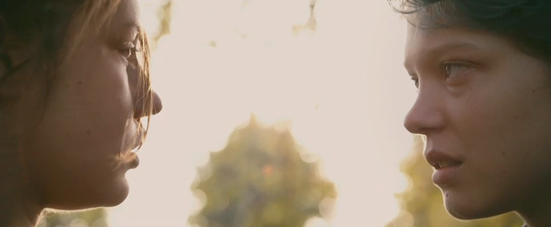 Abdel Kechiche's Blue is the Warmest Color is a powerful and emotionally exhausting story of self discovery that captures the full range of human emotions. The story centers around Adele, a 15-year-old- girl who is reaching adulthood and dreams of experiencing her first lovers embrace. A handsome male classmate falls hard for Adele, but Adele's passion in their relationship is timid at best. When Adele meets Emma, an older art student, their is an instant passion between them which sets off an intense love story that spans nearly a decade. At its core, Blue is the Warmest Color is a film about equality and how everyone is more similar than we tend to believe. From society's differentiation between heterosexual and homosexual love, to the working class vs. the intellectual class, Blue is the Warmest Color breaks down these perceived differences exposing how similar all of humanity truly is. Adele is the viewers vessel, as we experience lust, love, loneliness, and grief, with the film capturing the beauty and heartbreak that exists in humanity. Abdel Kechiche does a remarkable job from a direction standpoint, using great use of color and compositions to capture this emotionally exhausting journey. This film can be very explicit at times but I never thought the two females were objectified in any way, merely show in a natural light as any human being seeking sexual pleasure. I found Kechiche's use of extreme closeups to be particularly effective, attempting to capture the emotion exuding from the character's bodies and souls. This is an epic film, running a little over 3 hours in length but it's a story that never seems to drag with three distinct segments. The first hour is really about Adele's understanding of her emotions, capturing how societies expectations can inhibit a young person's growth in understanding themselves. The second segment is very much about the passionate love between Adele and Emma as they grow together. This is the segment that really comments on the class structure of society as Adele and Emma come from very different upbringings. The final segment is very much about regret, grief, and hope. Of course these segments are not laid out for the viewer, but the trajectory of the story spans through these emotions beautifully. I really hope Adèle Exarchopoulos has a long and fruitful career because her performance in this film absolutely blew me away. Not since Casey Affleck's performance in The Assassination of Jesse James have I been so surprised and impressed, with Adele Exarchopoulous creating a character that is incredibly empathetic and engrossing. Abdel Kechiche's Blue is the Warmest Color is an astonishingly acted character study that truly captures part of the human condition in a way few films have. 9/10 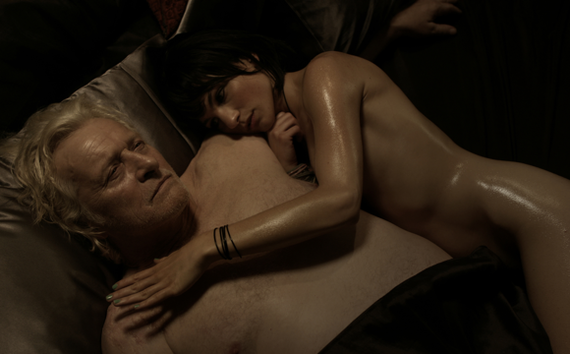 After a tragic car accident leaves them as orphans, Bianca, the older sibling, is thrust into a parental role where she must look after both herself and her younger brother Tomas. When two of Tomas' significantly older friends start living with them, they group concocts an elaborate scheme to rob an aging movie star and one-time actor Maciste, who has recently gone blind due to an accident. Bianca is enlisted to seduce Maciste in an effort to find and access his hidden fortune. Alicia Scherson's Il Furturo is a coming of age story of sorts, taking a unique viewpoint in exploring loneliness, loss, and companionship. The relationship between Bianca and Maciste is a strong portrait of two damaged souls, each of which is grasping for some type of security in a world which does not grant it to them. While Bianca has lost her youth and direction because of the death of her parents, Maciste is a man whose fear of the outside world has effectively made him a hermit. Though their relationship is at first built around eroticism, the two individuals quickly find solace and companionship in one and other, each becoming stronger individuals because of it. Il Furturo is a very grounded and humanistic story that features a nice meditative and almost spiritual quality. Scherson transports the viewer into the psyche of Bianca, forcing the viewer to see the world through the eyes of a young woman who is dealing with deep personal tragedy. 7/10 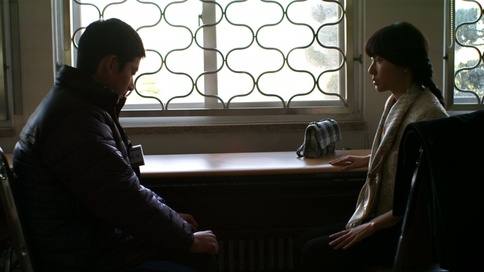 Ji Gu is a 16 year old boy living with his seriously ill grandfather in Korea. With his parents believed to be dead, Ji Gu spends most of his time getting in trouble with his gang of friends. One day a botched burglary results in Ji Gu being sent to a juvenile detention center. While incarcerated, his grandfather dies, but his case officer is able to track down his mother Hyo Seung, who Ji Gu believed to be dead. Living a chaotic life herself where she struggles frantically with money, Hyo Seung brings Ji Gu into her home and the two attempt to make up for the time they've lost. Yi-kwan Kang's Juvenile Offender is a deeply affecting drama that sets its eye on the juvenile justice system. A story that could have easily fallen into weepy melodrama never does, instead being a very organic character driven story that tugs at the heart. When we first meet Hyo Seung, she seems to be a somewhat responsible individual who couldn't be more different than her son. As the film progresses we begin to realize just how similar these two characters truly are, both being juvenile delinquents who've had a hard time getting their life in order. It's the relationship between these two characters which makes this film a powerful experience, as they both struggle to survive and share their true affection for one and other. Thematically the film is very much about the past repeating itself, with both Hyo Seung and Ji Gu struggling to break free of their checkered pasts, often falling back into similar circumstances. The film is not judgmental in the slightest, with both Hyo Seung and Ji Gu being deeply flawed characters who are both very sympathetic. Yi-Kwan Kang's Juvenile Offender is a sensible study of the Juvenile system that makes its message clear but the film never lets its message over-shadow the characters. 8/10 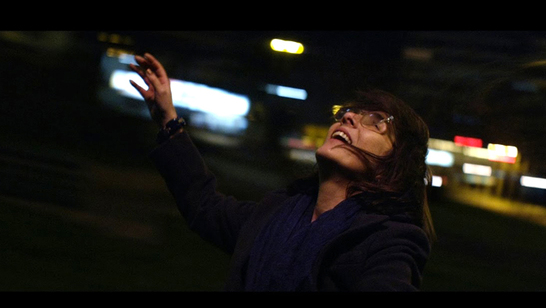 Gloria, a middle-aged divorcee, has reached the age where many have found their peace and happiness in life. A mother of two grown-up children she finds most of her happiness is derived from their endeavors, but being an empty-nester there is no doubt she is lonely. Gloria wishes to still have fun though, spending many of her nights looking for love at a singles club. When she meets Rodolfo, the passion is undeniable, but in their topsy-turvy relationship Gloria finds her strength. Sebastian Lelio's Gloria is very much a film about finding happiness at any age, with Gloria discovering that in order to be happy she must first love herself. This is very much a character-study, with Lelio following Gloria's every day routines, letting the audience get to know Gloria extremely well. She is a woman whose somewhat suffering from being an empty-nester, not really knowing how to adjust and the relationship she forms with Rodolfo, another divorcee, is really the strength off the film. Their relationship is very well-balanced, capturing both the intense passion they share as well as the skepticism centered around their ability to be together with their other life commitments. Rodolfo isn't a great guy by any means, but the film never demonizes him, suggesting that he is simply someone who isn't able to completely separate himself from his other relationships, most notably his immature daughters. The dichotomy between these two characters is very fascinating, with the only major difference being Gloria's ability to move on from her life as a parent. Gloria is a much more complex film than it seems, with a lot of nuance, and Paulina Garcia gives a fantastic performance that certainly lives up to the hype. Sebastian Lelio's Gloria is a nice blend of light comedy, drama and pathos, making it a surprisingly resonant film about finding ones happiness. 7.5/10 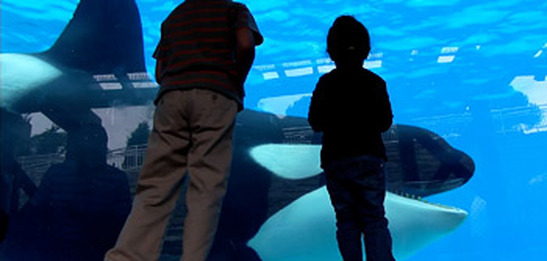 Gabriela Cowperthwaite's Blackfish is a scathing documentary centered on the SeaWorld organization's practices when it comes to the Killer Whales they keep in captivity. We've all been entranced by these massive creatures, with Blackfish exploring the double standard which many humans place on these wild animals. They are majestic, friendly giants with a propensity to turn vicious when pushed. Sea World and its trainers do very little to make sure these animal's are tended too and treated in an humane manner. Blackfish is a talking heads style documentary that uses interviews from experts and ex-trainers along with never-before-seen footage to expose the cruel treatment of the Orcas over the last few decades. While the mistreatment of animals is certainly a powerful enough topic, the greed-driven decision-making by Sea World is what I found truly fascinating. As the film moves along it becomes more and more clear that Sea World is a company that cares little about anything but the financial bottomline. We see how the company cuts corners at every turn, often in ways that endanger not only the Orcas, but the trainers and even tourists who visit their parks. From a filmmaking standpoint Blackfish is an average documentary but the story itself is powerful, with the film making a strong argument for the freedom of all the Orca's in captivity 6/10 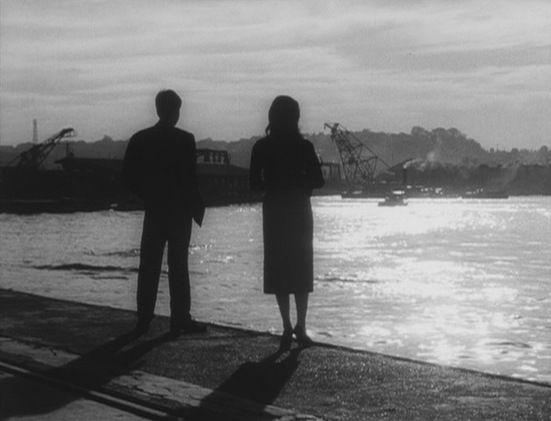 A story of two damaged souls, an ex-boxer who has had his license stripped from him and a lounge singer whose voice was damaged from illness. The two live lonely lives until a chance encounter one night brings them together. With no reason to stay in Japan, the ex-boxer waits to be beckoned by his brother, who lives in Brazil, but it has been over a year and he has heard nothing. The owner of the lounge, a mobster of sorts, comes looking for the singer who still owes him two months of work. This leads to the ex-boxer learning of a connection between his grief and the singers, along with the fact that the lounge owner may be responsible for his his brother never even making it to South America in the first place. I Am Waiting is a Japanese Noir that really spends its time with two characters who are down on their luck. The first half of the film is essentially a companion piece between these two as layers of their past, particularly the boxers, are slowly revealed. Their are some absolutely fantastic compositions through the first half, where the alienation that these characters feel are captured through the visuals. The second half of the film plays more like a mystery noir as the boxer learns of his brothers fate and tries to find out exactly what happened to him. The strength of the film really lies in the strength of the main characters and the compassion it instills in the audience for them. I also love how the boxer and singer never really fall in love like almost every movie, but rather just seek companionship from the loneliness. 8/10 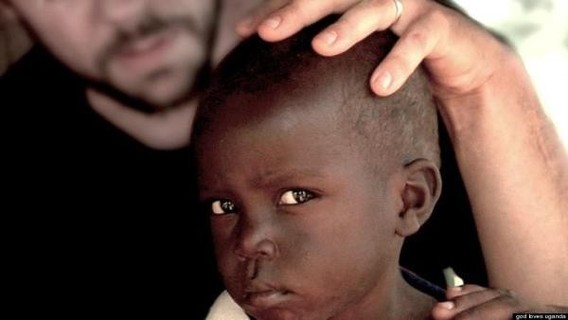 Roger Ross Williams' God Loves Uganda explores the role the American Evangelical movement has on Uganda's political and social culture, fueling biblical law such as a proposed death penalty for homosexuality. Well-financed Evangelists bring their beliefs to the masses of Uganda and with the help of political peddling, these dangerous laws are winning the support of the general public. God Loves Uganda is a shocking expose into what is going on in Uganda. Using interviews and hidden camera footage, Williams captures both the missionaries and religious leaders "fighting for the souls of billions" as well as the opposing parties, who see the horrific consequences associated with such blind pushing of beliefs. God Loves Uganda is certainly a documentary that benefits from its powerful subject matter but I was impressed with just how balanced the filmmaker is in observing all the sides of this issue. There are some great moments that are captured this way, like how the Uganda men and woman who buy into what the Evangelists are preaching refer to themselves as God's Army. It captures just how impressionable the people of Uganda truly are, with over 50% of their population being under the age 15 just looking for something they can be a part of. What's interesting is that these evangelists seemingly seek power and control more so than anything else they preach. The film doesn't completely demonize these individuals either, understanding that some of them are simply well-intentioned while others are hate-mongers who pedal fear in an effort to gain support for their battle against homosexuality. Roger Ross Williams' God Loves Uganda is a fascinating film about an important issue that is so shocking and enraging at times that it reaches comedic levels. 7.5/10  Based on true events, William Friedkin's Rampage tells the story of Charles Reece, a seemingly normal guy who goes on a killing spree, mutilating his victims in unspeakable ways. He is eventually captured for his crimes and brought into the courtroom where DA Anthony Fraser is the chief prosecutor. Torn between his personal views and the unflinching reality of the heinous crimes committed by Reece, he decides to argue for the death penalty. The film begins with the viewer following Charles Reece on his killing spree with harrowing effect. Friedkin doesn't hold back in showing the cold-spirited nature of these murders and he does so with great atmosphere. From the cinematography to a chilling score, Friedkin creates a dark tone that feels very appropriate considering the sadistic nature of Reece's crimes. Friedkin's Rampage is not a film about murder but about the definition of legal insanity and how it is applied in modern American courts. Friedkin's stance on this difficult issue seems pretty clear, given which side our main protagonist is on, but I don't think the film is nearly as manipulative or as one-sided as I was lead to believe. Friedkin shows both arguments fairly, routinely managing to change the viewers mind multiple times throughout the films running time. Perhaps that is Rampage's best attribute, its ability to capture the murky definition of insanity and how it is applied in our justice system. 7.25/10 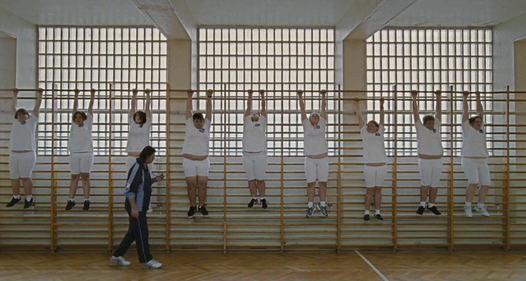 The third and final film in Ulrich Seidl's Paradise trilogy tells the story of Melanie, an overweight 13 year old girl who spends her summer vacation in a strictly run diet camp in the Austrian countryside. Between the nutritional counseling and sports activities, Melanie bonds with the other adolescents at the camp before falling in love with the camp's doctor, a man who is at least 40 years her senior. Paradise: Hope is the closest thing to a "coming of age story" Seidel is ever going to make. The film spends a lot of time with its young cast of characters, examining their hopes, dreams and desires with Seidl seemingly fascinated with their untarnished youthful exuberance. As Melanie begins to show signs of her crush on the doctor, with him somewhat reciprocating his affection, the film does become a little uncomfortable but still manages to be touching. The doctor is not a character we spend much time with but it's clear he is lonely from a few well constructed scenes. What really took me off guard with this film is Seidl's empathy for these characters. The film never judges either of its primary subjects, being far more affectionate and caring about them than most of Seidl's other films. The cinematography very much represents Seidl's style too, but it really dictates the emotions of the characters, using static frame shots frequently when the kids are doing their fat camp activities and more handheld when they are able to socialize and act their age. Ulrich Seidl's Paradise Hope is still a somewhat unsettling film at times but it's by far his most empathetic film I have seen in delivering a pretty poignant tale of the adolescent crush. 8.25/10 |
AuthorLove of all things cinema brought me here. Archives
June 2023
|
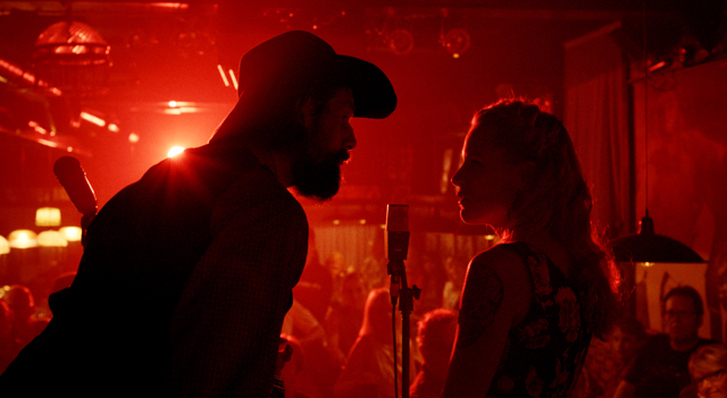
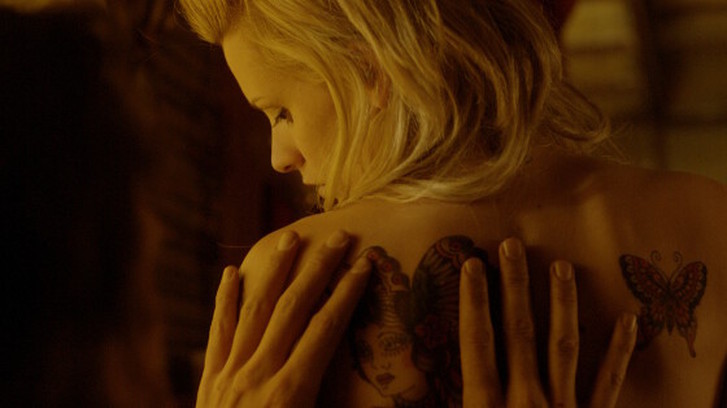
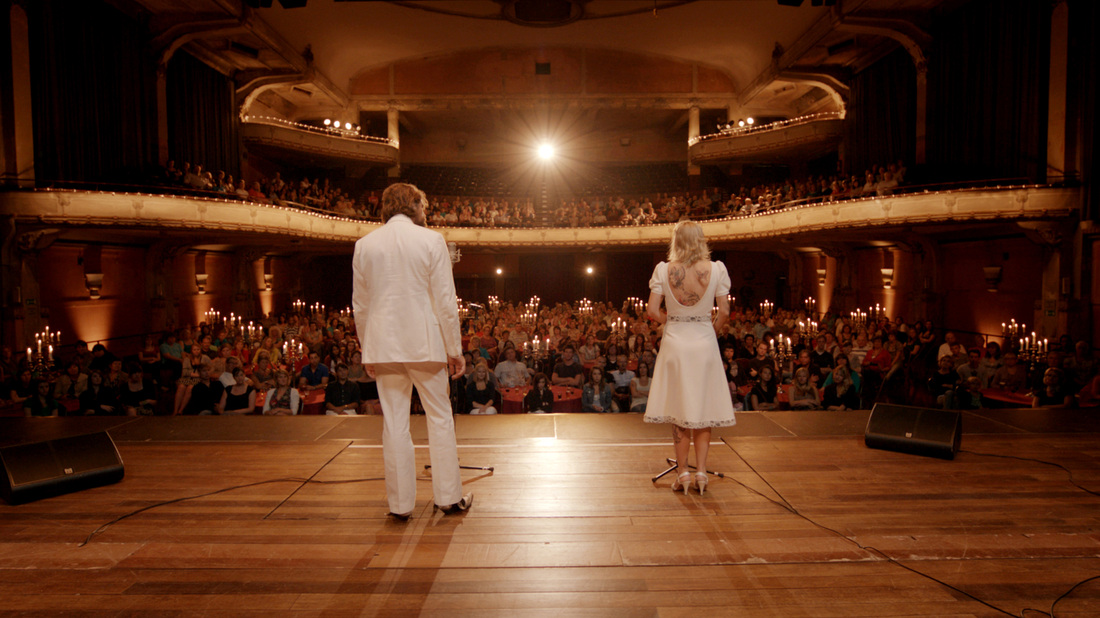
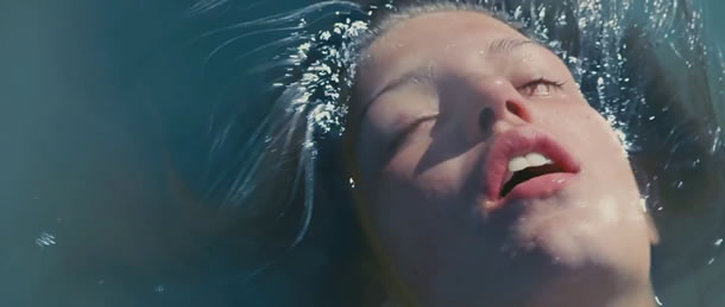
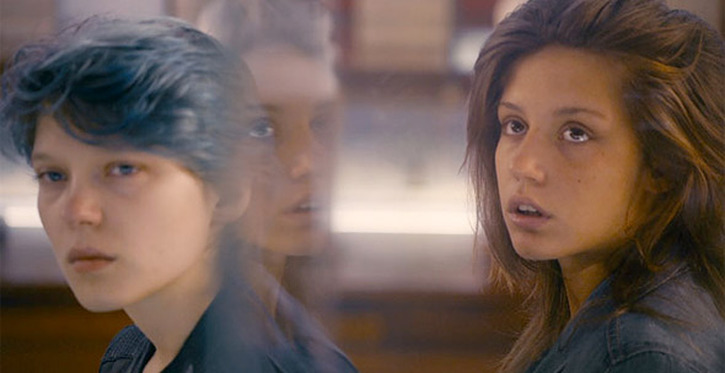
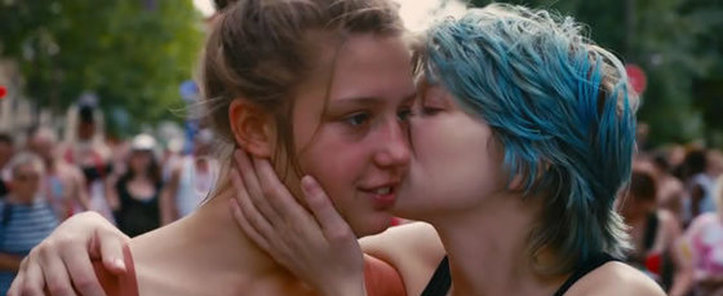
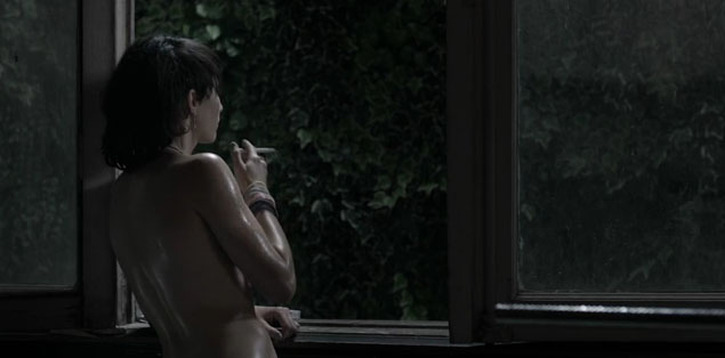
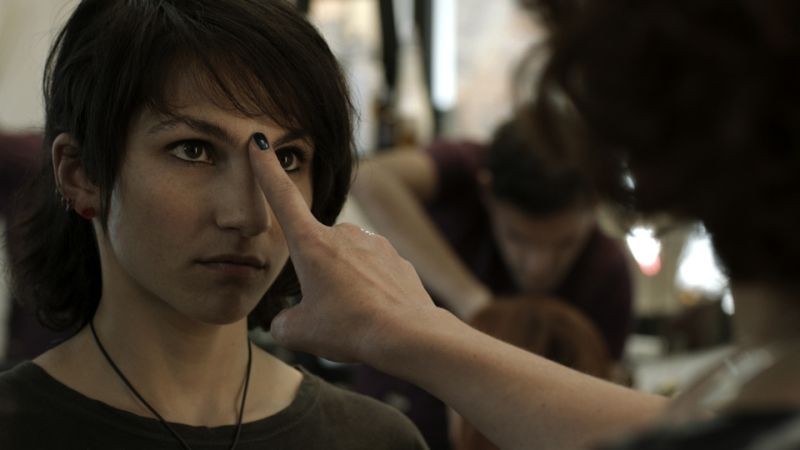
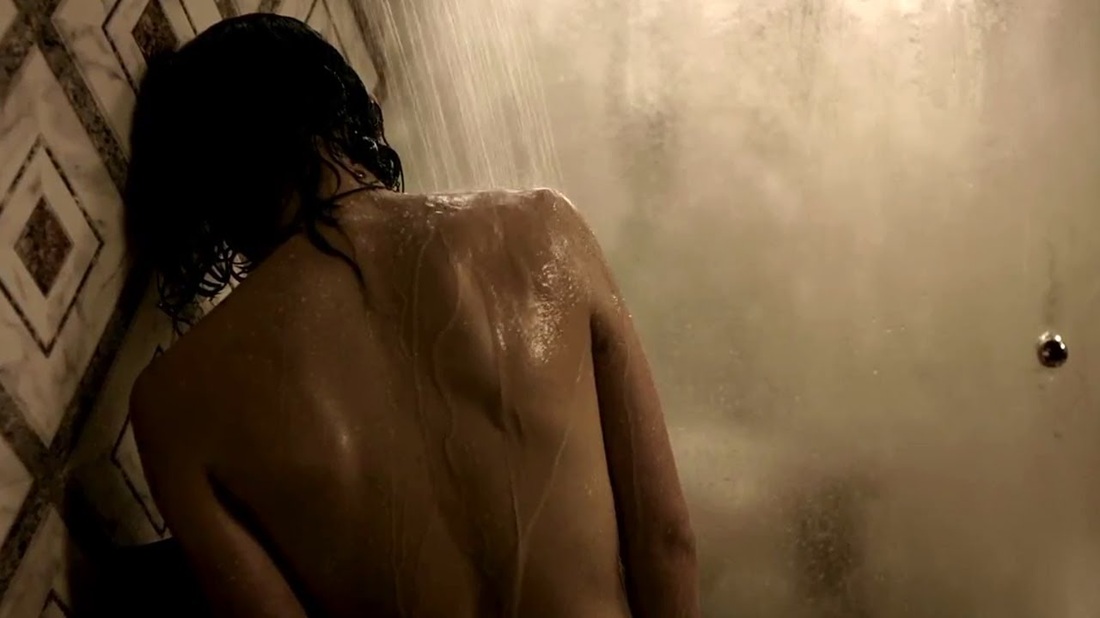
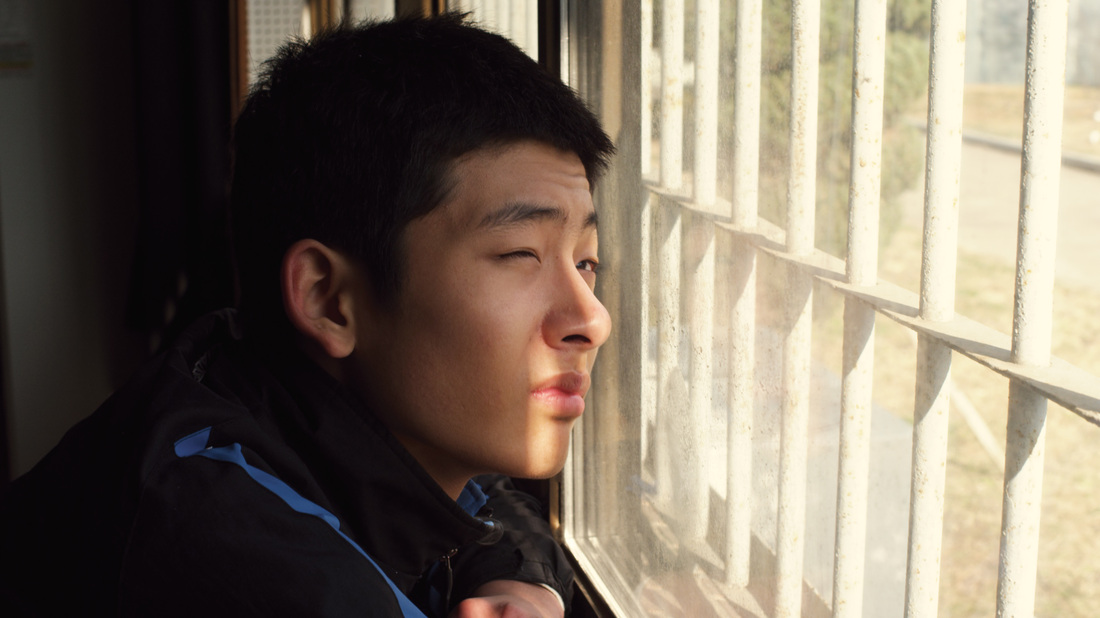
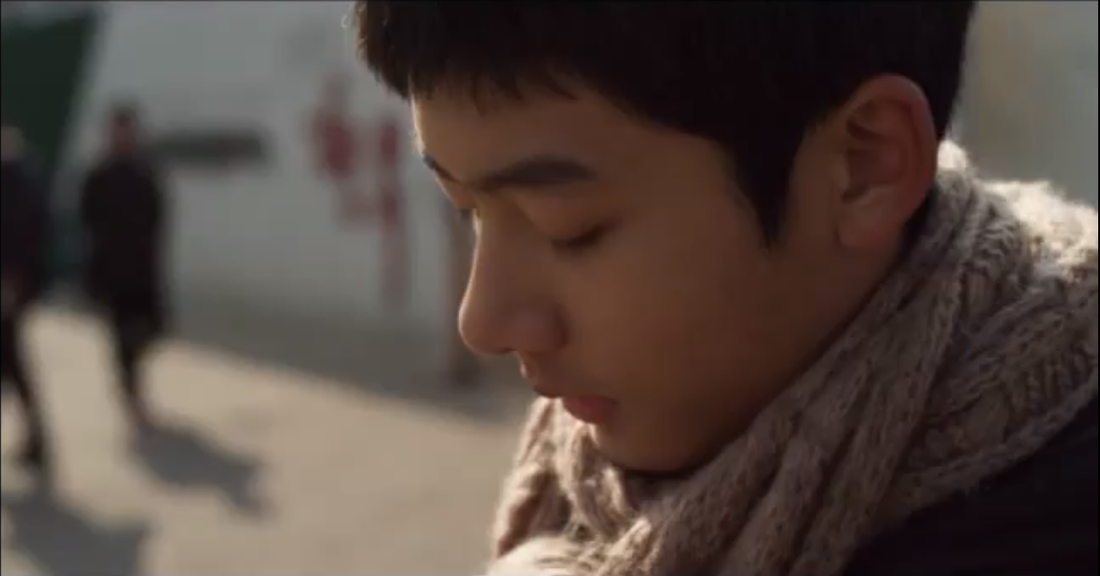
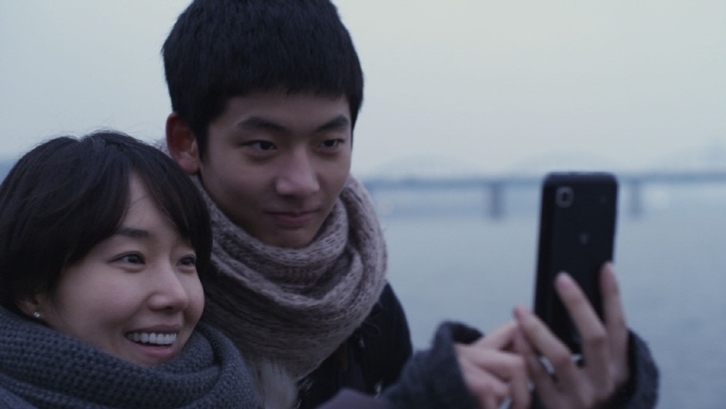
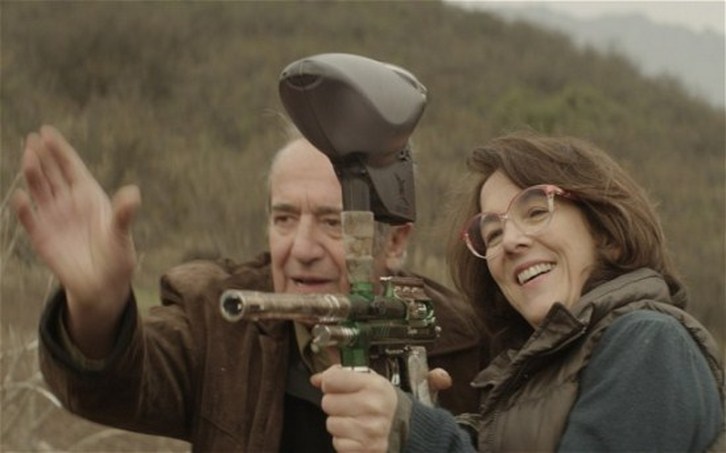
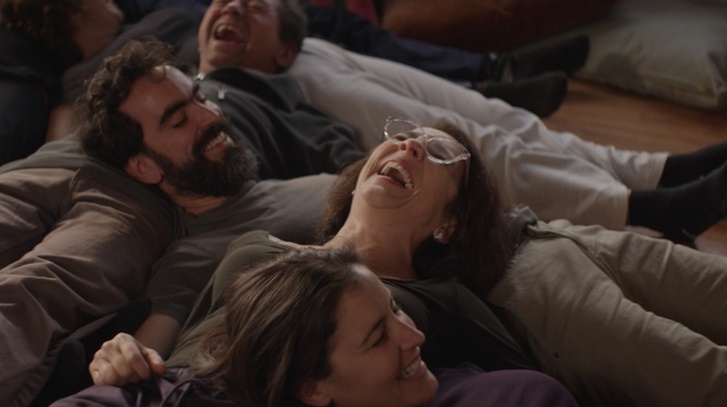
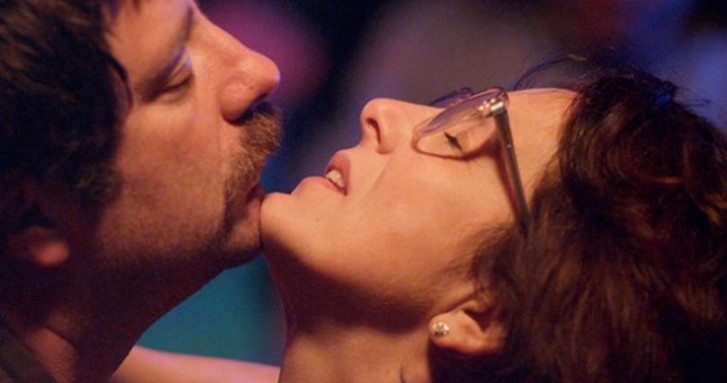
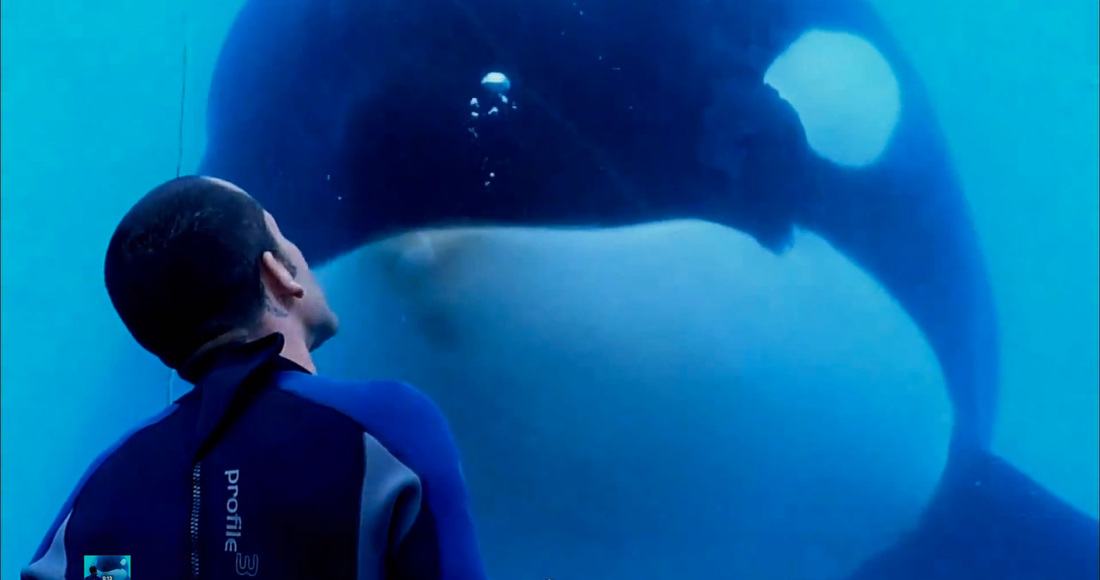
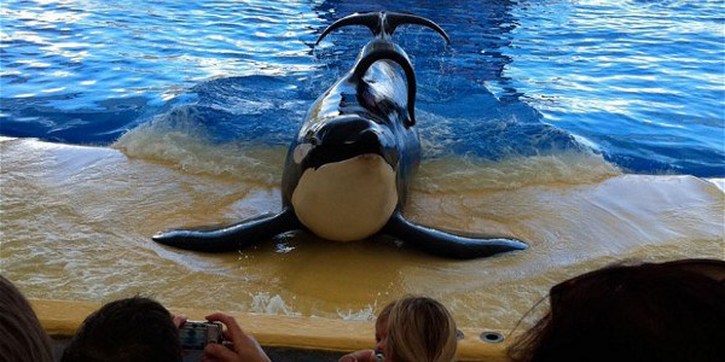
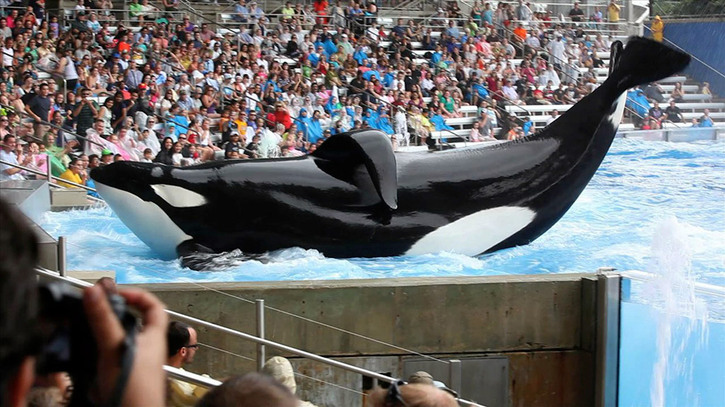
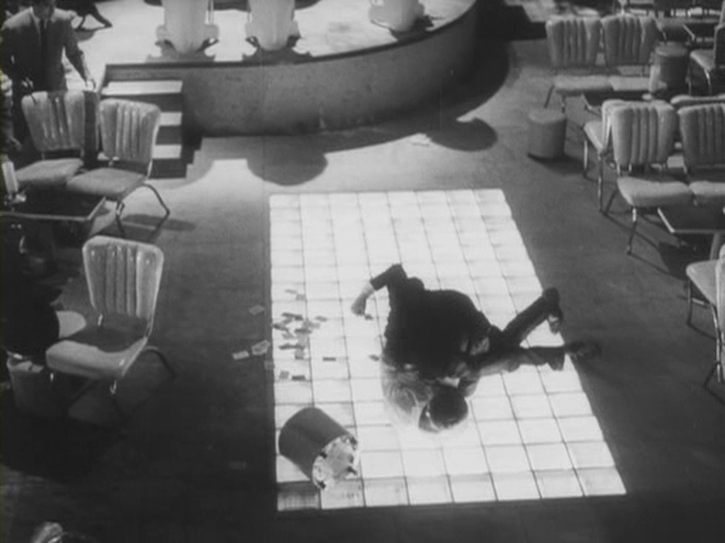
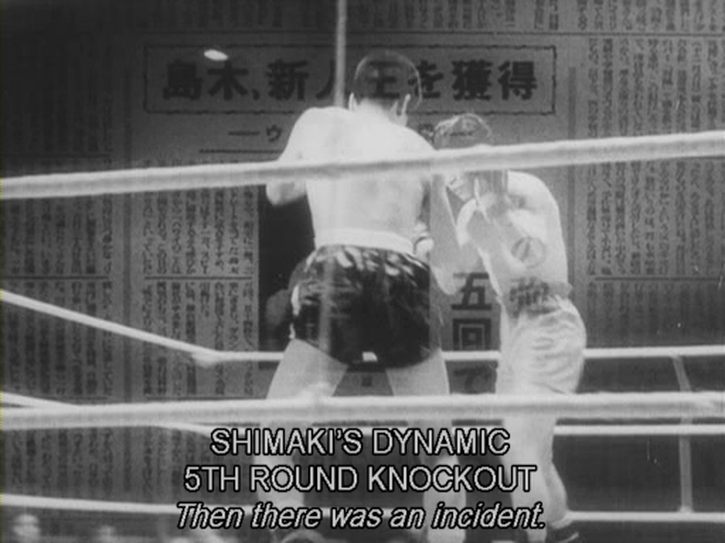
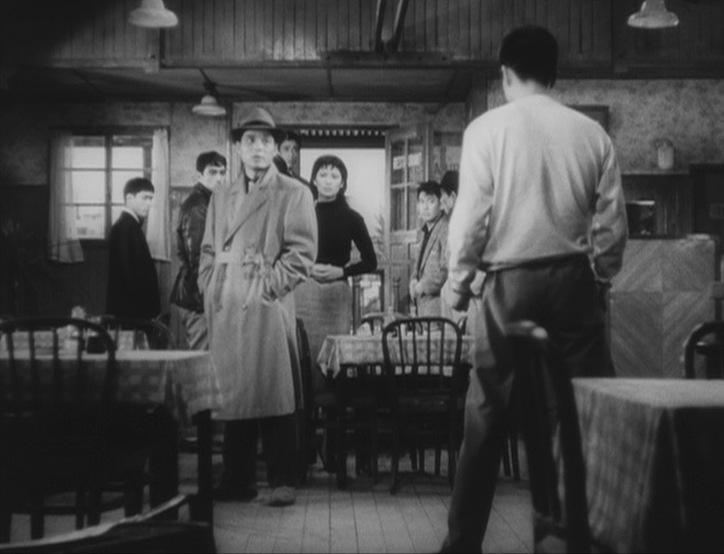
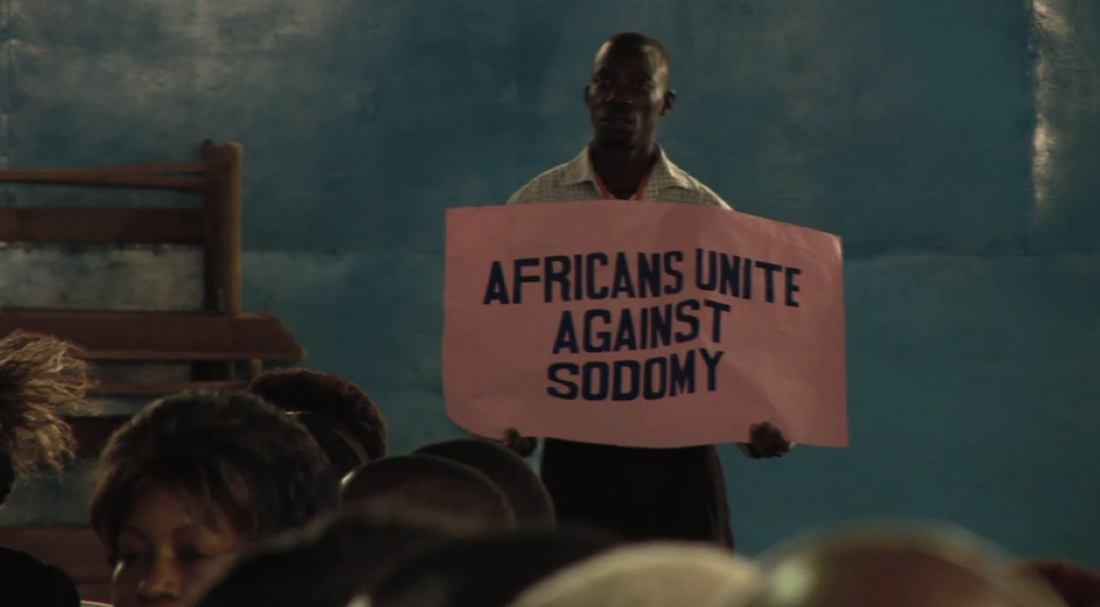
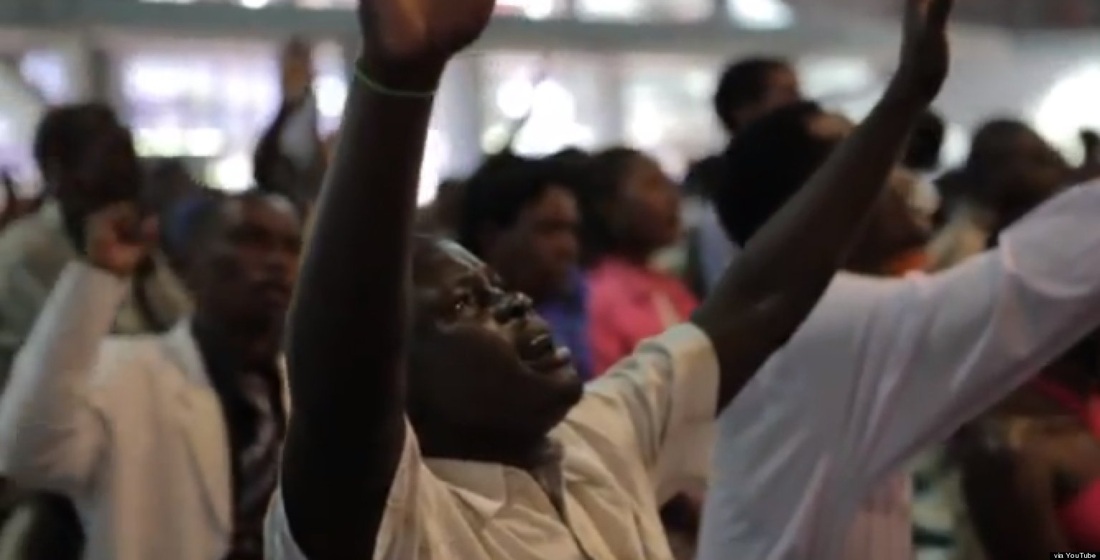
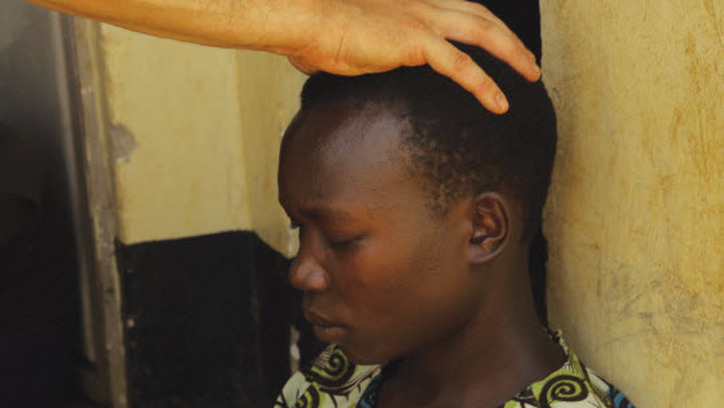
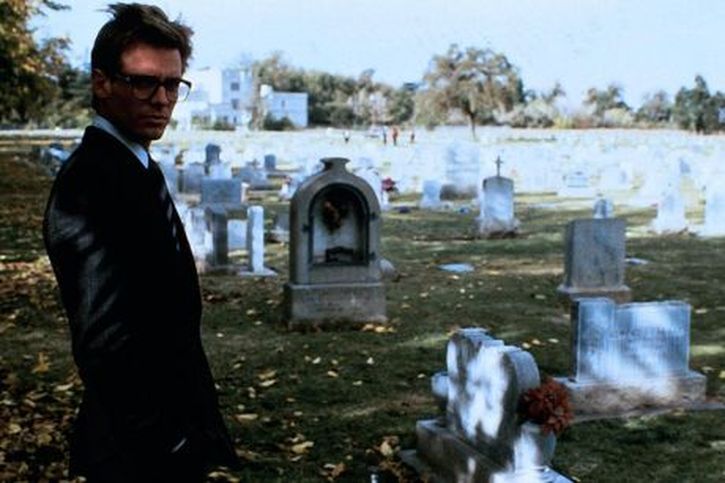
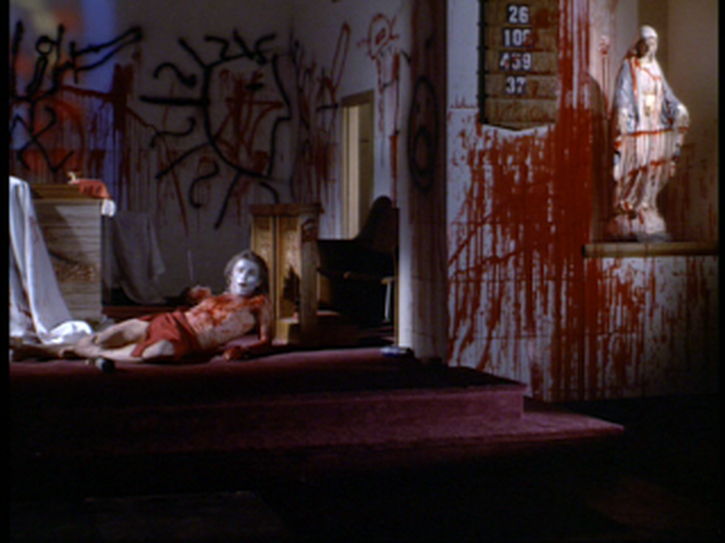
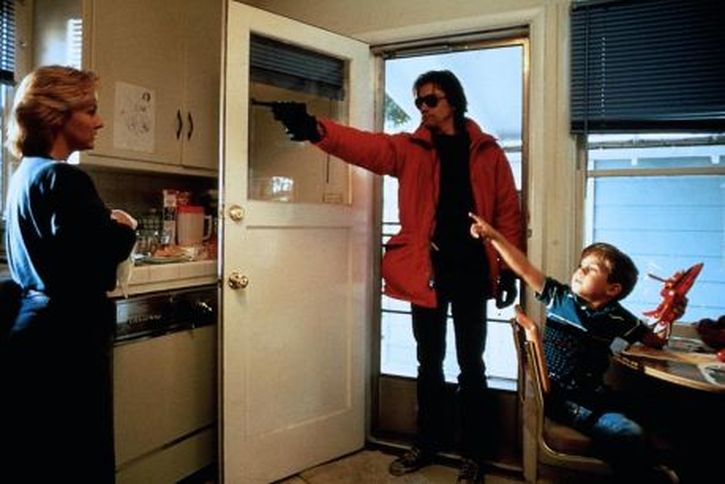
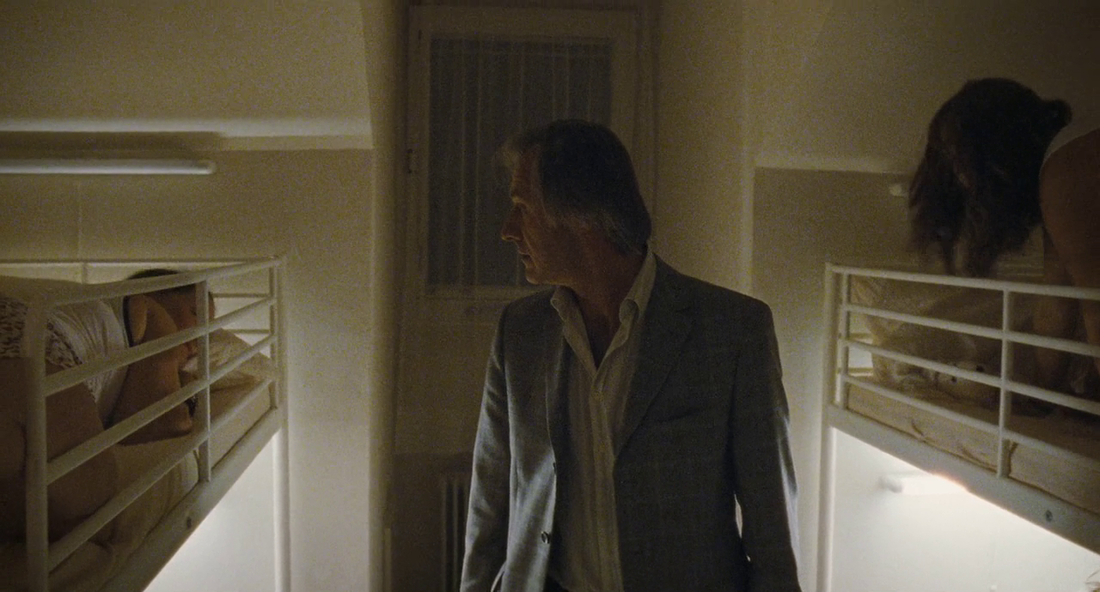
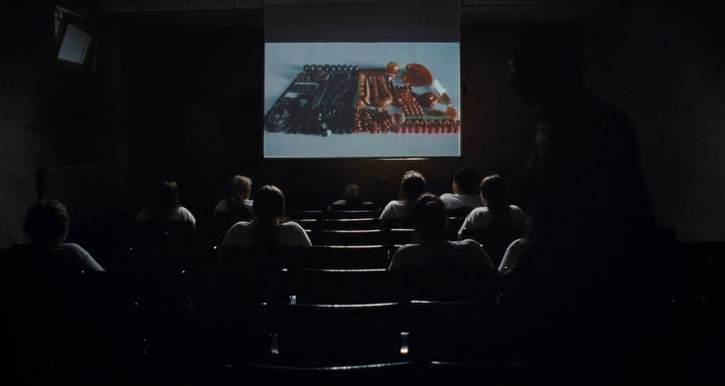
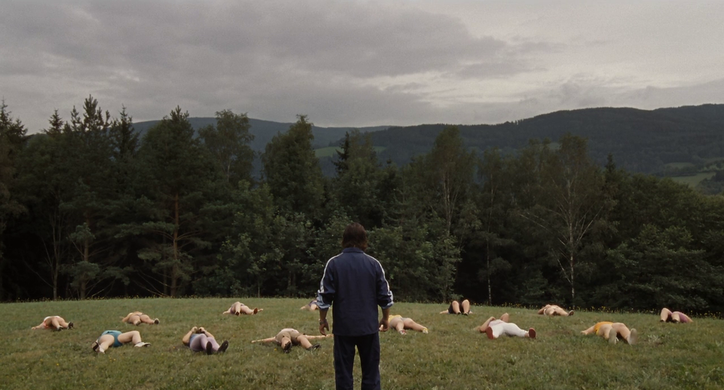
 RSS Feed
RSS Feed
